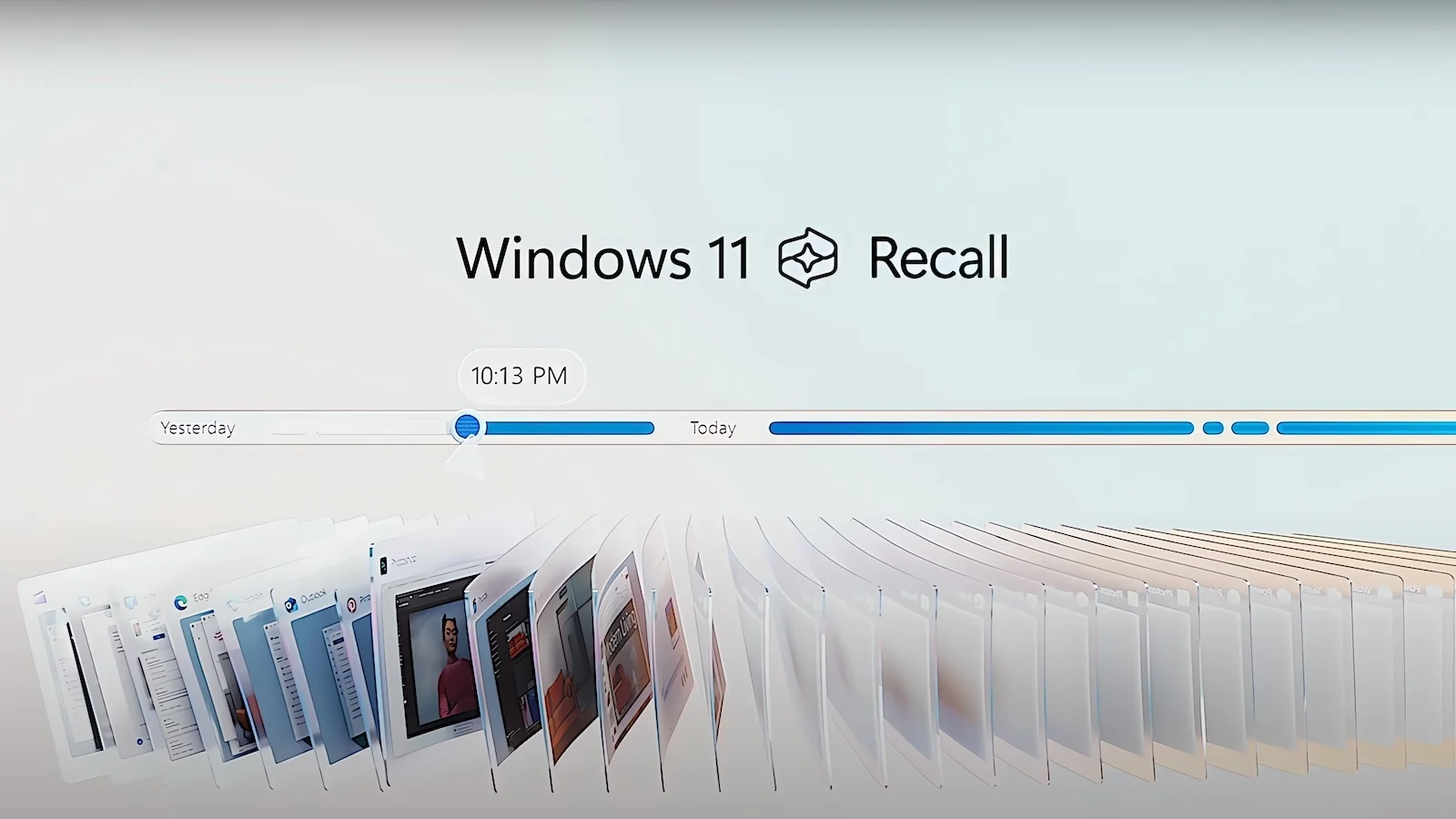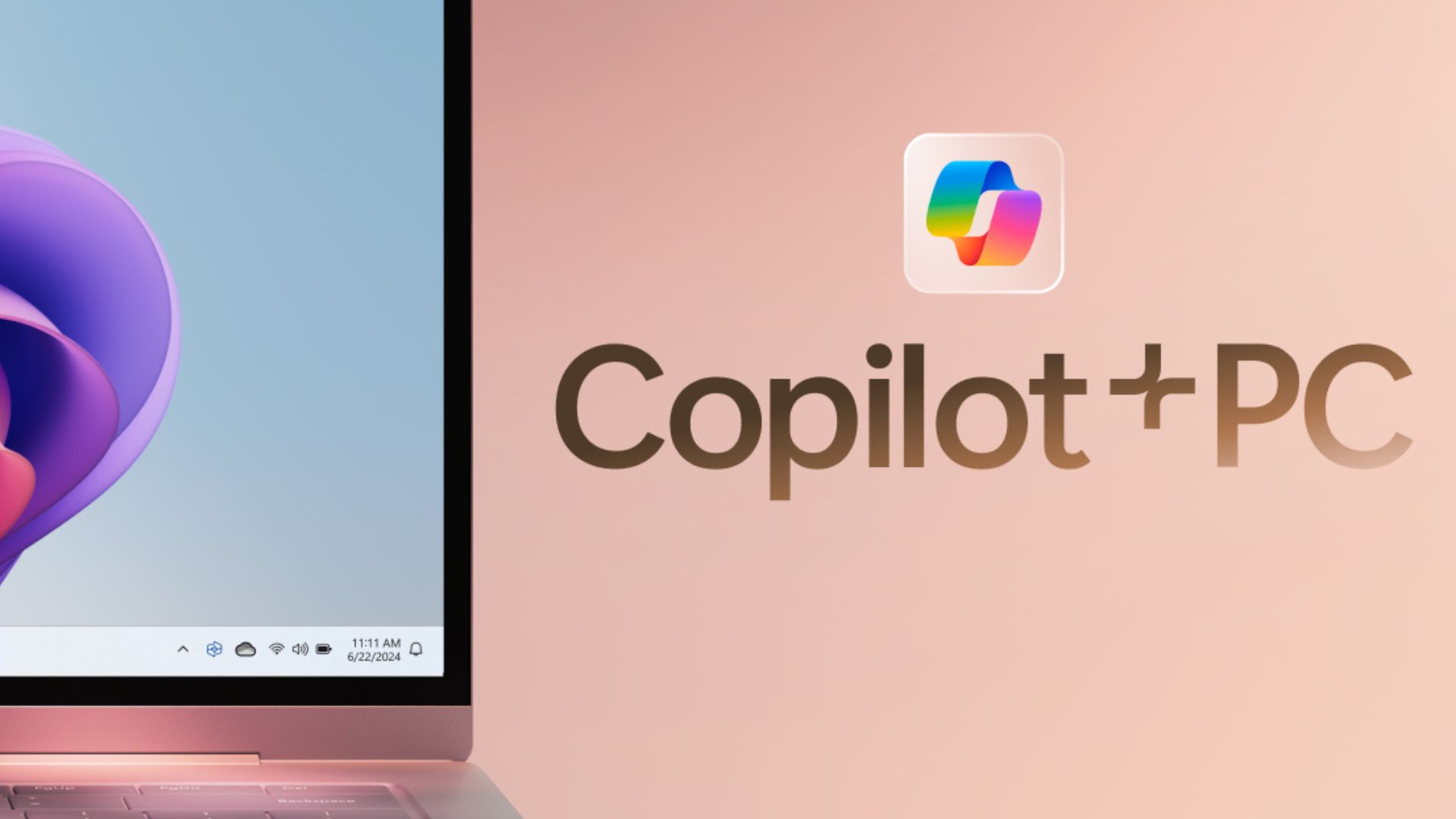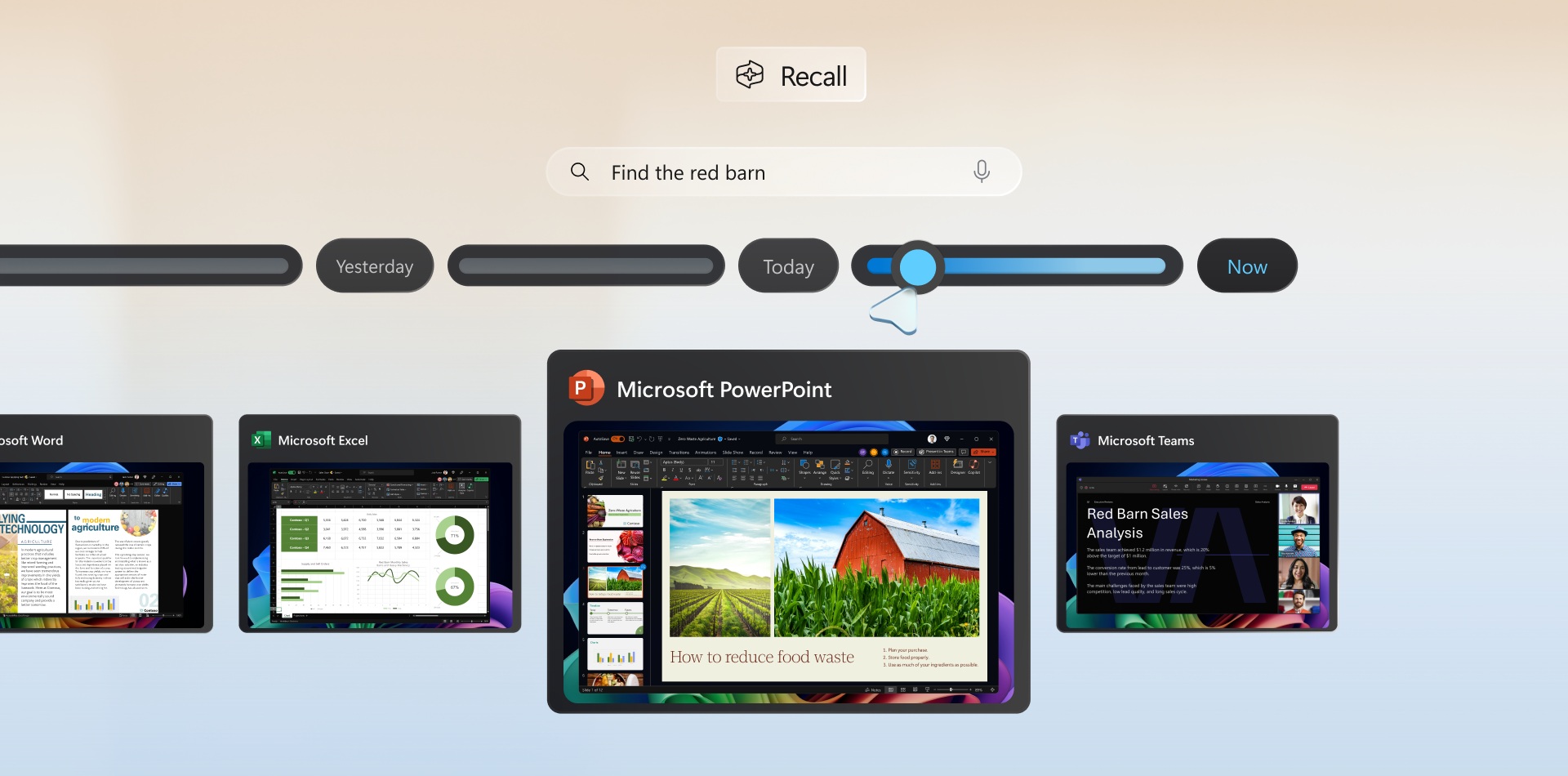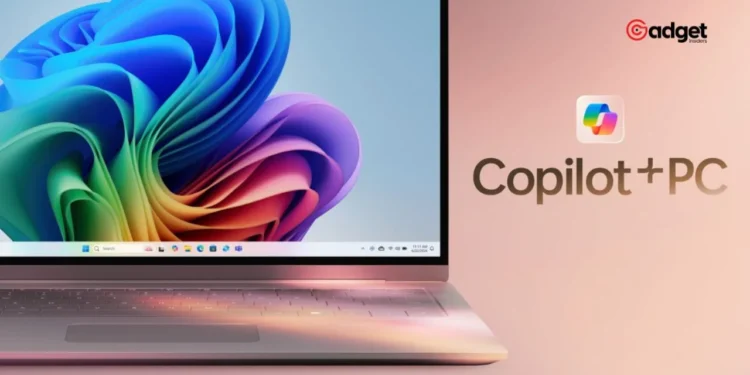Recall, the groundbreaking feature unveiled at Microsoft’s recent event on May 20, has already generated significant buzz. This innovative tool, designed for the latest Windows 11 update, the 24H2, promises an enhanced user experience by enabling the operating system to “recall” and snapshot every activity on your screen. Initially, Microsoft announced that Recall would only be available on new Copilot+ PCs equipped with Qualcomm Snapdragon X Series processors. Yet, tech enthusiasts have quickly taken matters into their own hands.

The Unexpectedly Swift Port to Existing Devices
Tech wizard Albacore, known online as @thebookisclosed, has made headlines by successfully porting Recall to older hardware. Despite the official requirements, Albacore managed to get Recall up and running on a modest setup—a PC powered by the Snapdragon 7cx processor with just 4GB of RAM. This processor, notably lacking a built-in Neural Processing Unit (NPU) and offering only 3.4GB of usable memory, represents a significantly pared-down environment compared to the robust 16GB RAM requirement stated by Microsoft.
Microsoft's Windows 11 Recall Feature#Recall (exclusive to Snapdragon X processors only, for a quality experience) will allow you to search through your past actions by recording your screen in the background and using that data to help you remember things.
Trial: Sep Update🌏 pic.twitter.com/IueLmLauYg
— 𝐒𝐭𝐞𝐯𝐞𝐦𝐚𝐭𝐬 史蒂夫🌴 (@stevematindi) May 21, 2024
Despite these hardware limitations, the performance of Recall on this lower-end device has been described as “surprisingly good.” Albacore’s accomplishment not only demonstrates the feature’s adaptability but also opens up exciting possibilities for users of older Surface Pro X and other Windows on ARM devices. A detailed guide from Albacore is expected soon, promising to empower more users to experience Recall on their current devices.

User Privacy Concerns and Mitigation
With the excitement surrounding Recall’s capabilities comes a degree of concern regarding privacy. The feature’s function of taking frequent snapshots of the user’s screen has raised eyebrows. However, Microsoft assures that all processing is handled locally, and no data exits the device. Users have the option to customize their privacy settings, choosing which apps to exclude from snapshots or even disabling the feature entirely.
Looking Ahead: The Future of Recall on Various Platforms
While the ARM64 architecture supports Recall currently, the roadmap for x86 support remains in development. This means that users with traditional x86 systems may need to wait a bit longer, although the potential for broader compatibility looks promising.

Microsoft’s Recall Feature: Enhancing Windows 11 Experience
Recall is set to be a part of the upcoming Windows 11 version 24H2, now in the final stages of public testing in the Release Preview Channel. This move by Microsoft not only enhances the functional richness of Windows 11 but also signals a shift towards more personalized and responsive computing. As users look forward to broader access and additional guides from pioneers like Albacore, the landscape of PC technology continues to evolve, promising exciting advancements in how we interact with our digital environments.










